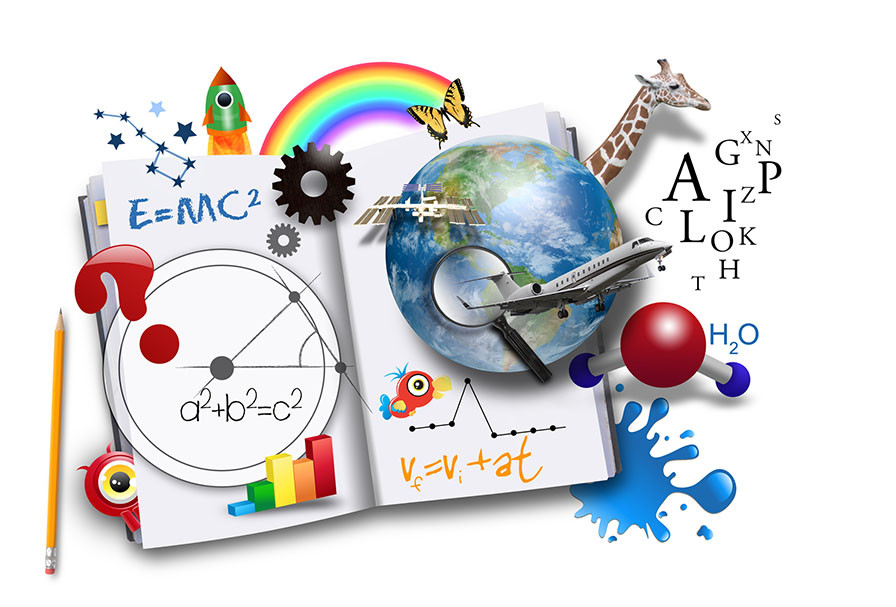
Welcome To PISA 2025
About PISA
The University of Hong Kong (HKU) has been commissioned by the Education Bureau, HKSAR to conduct PISA 2025. The Project Team based in HKU's Faculty of Education welcomes you to this website. The information on PISA here is sourced mainly from the OECD's PISA website. Please visit it for the OECD’s latest development on PISA, and contact our project team if you are interested to be part of PISA 2025.
Different domains in every cycle
Major domains and Innovative domain
The PISA 2025 Science framework defines ‘scientific literacy’ as being able to explain phenomena scientifically, and construct and evaluate designs for scientific enquiry and interpret scientific data and evidence critically.
Mathematical literacy is an individual’s capacity to reason mathematically and to formulate, employ, and interpret mathematics to solve problems in a variety of real-world contexts.
Reading literacy is understanding, using, evaluating, reflecting on and engaging with texts in order to achieve one’s goals, to develop one’s knowledge and potential, and to participate in society.
Since PISA 2012, every cycle includes an innovative domain which assess students on target interdisciplinary and 21st century competencies.
Want to know more?
- Domains of each cycle
- What is a major domain
- What is an innovative domain
4
Domains
91
Countries/Economies Participating
690
Thousand Students Joining
Be a part of PISA 2025
Targeting 15-year-olds worldwide
Who can take part in PISA
If you are going to be 15 years old in 2025, you would have a chance to be invited to take part in the Main Study of PISA through your school.
Why should 15-year-olds take part in PISA 2025
Students’ participation in PISA can enable educators, school administrators and policy-makers to understand more about the strengths and needs of 15-year-olds in their own country/regions. PISA has been providing findings and recommendations on what can be offered to the 15-year-olds to enhance their socio-cultural, intellectual, cognitive, computational and creativity development. Students’ participation across the globe is valuable to the representation of data collection.
What will students expect from the PISA assessment
Students will do an interactive hands-on exercise that requires literacies of science, mathematics and reading. Their competence to learn in the Digital World will be assessed. They will complete questionnaires on their learning practices. The language(s) of test and questionnaires will be of students’ choices or upon teachers’ recommendation in the Main Study. This is done with a computer at school. The PISA modules are interactive and fun!










